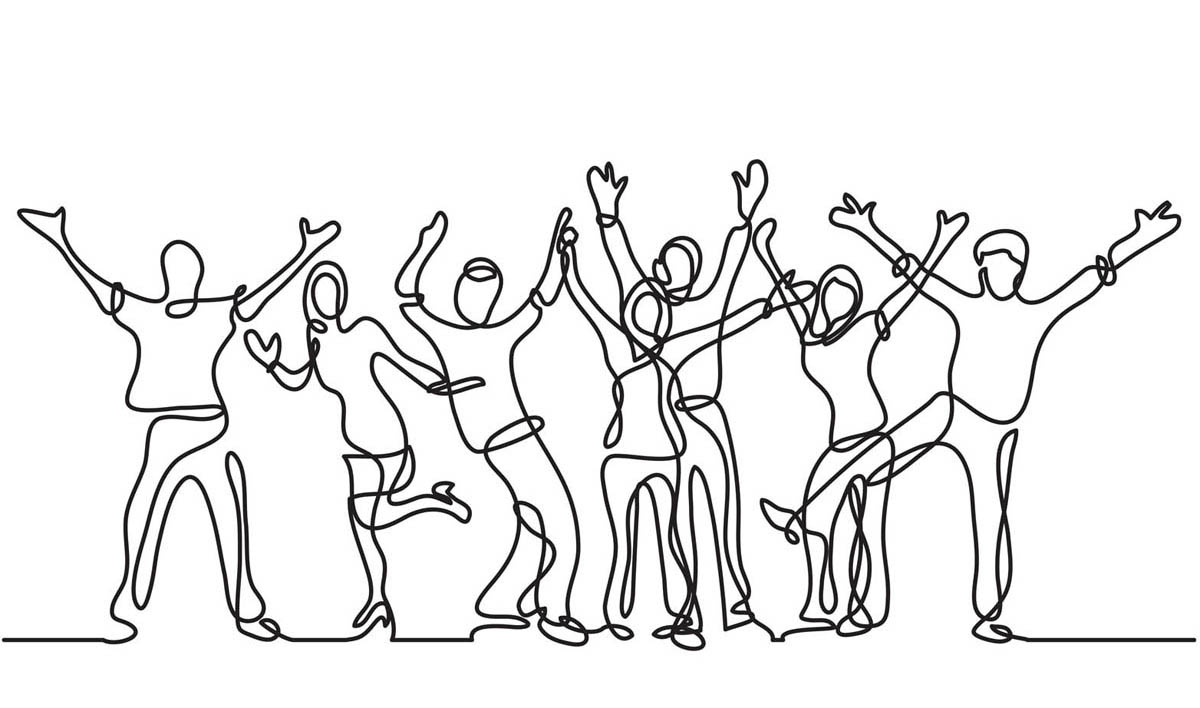
Course Outline
This spring we are trialing offering the Collaboration Skills Course as 4 separate one day events. The intention here is to make the program more accessible. You can pick and choose the topics that are of most interest to you and which suit your calendar. Note that each day does leverage the preceding days, in particular the nervous system material provides a lens to see all the group skills through.
Day 1. The Art of Connection
This first day lays a foundation for our work. We gain a thorough understanding of the social nervous system. In order to hold a strong intention of collaboration we have to know in our bones why we are working together. We have to understand the way our nervous system processes social stress, and how we can stay in our corridor of well-being. Without safety, to our nervous system, working together is simply not an option. The breakthrough that is Polyvagal Theory serves as our anchor. Recent neuroscience tells us that conscious, engaged connection is an incredibly fertile platform for both social change and our own inner development. We also get a real practical taste of the well-being that occurs when we can enhance our ability to better engage in relationships of all kinds.
Day 2. The Art of Communication
This day comprises the art of dialogue and conflict management. In order to work together both deep listening and speaking our truth are equally important, and yet both are hard. We discover the potential of attuned dialogue to bring about profound and lasting change. In pairs and small breakout groups we practice, practice, practice. Then. with communication on a good day under our belt, we then cover a foundational and achievable core set of conflict management skills, and how to accommodate difference in our projects. In spite of our best efforts, we can sometimes beat about the bush when it comes to speaking out our needs, boundaries, and about our dreams, so lets fix that!
Day 3. The Art of Decision Making
In the morning we gain a thorough understanding of group decision making. And about the important groundwork that must be in place before we can make good consensus decisions. Consent / consensus is about attending to the needs of all the people in the room. Its about having an intention to agree. We cover the basics of group design, and vision development. Importantly, we don't just learn about these techniques, we practice them. This way we build muscle memory. These governance methods have all been successfully used here in NZ. In the afternoon we look at a basic core set of facilitation skills. The module is notionally called facilitation, but we cover all of the important meeting participation formats, tools and skills. Getting the simple things right, like checkins, for instance.
Day 4. The Art of Emotional Intelligence
None of us wants to be upset, but lets face it, it happens, and the way we manage these upsets is a key feature of high functioning relationships. We cover tools to both self-regulate, and co-regulate emotions. Co-regulation is the important and long neglected, other half of the regulation story. It turns out that our nervous systems need the presence of others to regulate both our emotions and our physiology. And, un-coincidentally, relationships are where we learn and grow emotional capacity. While this work has obvious value to our partner relationships, it applies to our group work as well. We cover how we direct our lives toward our goals, using both cognitive and somatic approaches. We look at a really easy to understand model of temperament that can inform what we each bring to our group work. Topped off with a delightfully simple model of temperament. This module is the first of the exciting new Connected Life series.



